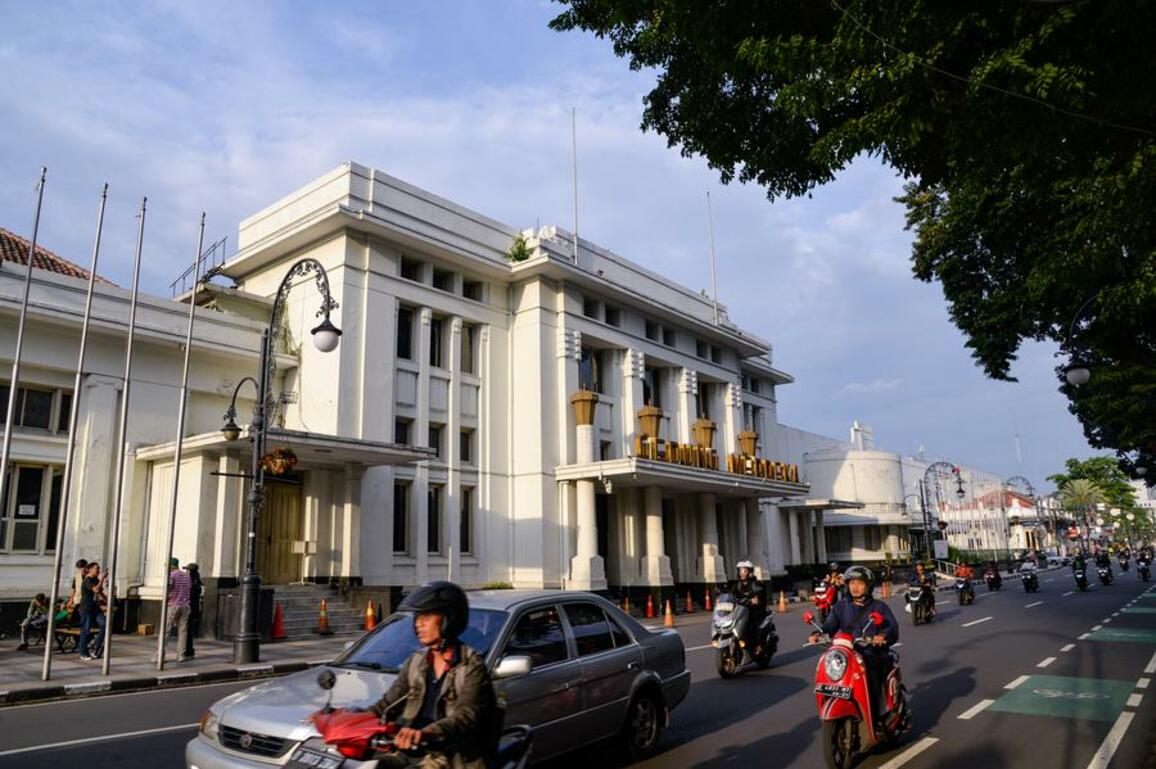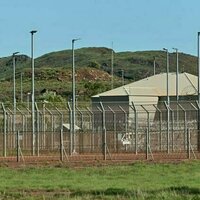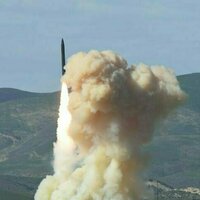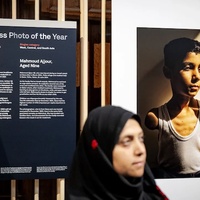* The Bandung Conference opened a new era of South-South economic cooperation. Its resolution on economic cooperation called for economic collaboration among Asian and African nations and a fairer global economic system.
* Guided by the Bandung Spirit, China has consistently stood with developing countries in providing development aid, promoting regional integration and deepening South-South cooperation.
BEIJING, April 21 (Xinhua) -- In April 1955, delegates from 29 Asian and African nations gathered in Bandung, Indonesia, for the historic Asian-African Conference, also known as the Bandung Conference. The meeting marked the awakening of the part of the world later known as the Global South.
Seventy years on, the Global South, following the Bandung Spirit of "solidarity, friendship and cooperation," has forged an independent path of collective progress -- from throwing off colonial rule to pursuing shared development and reshaping the international order.
FROM COLONIAL PLUNDERING TO SOVEREIGN AWAKENING
In November 2021, France's Quai Branly Museum prepared 26 artifacts for repatriation to the West African country of Benin, a poignant moment captured in Dahomey, the Golden Bear-winning documentary at the 74th Berlin Film Festival.
These artifacts were plundered in the 1890s from Behanzin Palace in Dahomey, Benin's predecessor, by the French who later colonized the kingdom.
From the 15th century onward, Western powers expanded their colonial rule across Asia, Africa and Latin America. By the early 20th century, the imperialist colonial system dominated nearly all Asian and African territories, stripping the Global South of sovereignty while plundering resources, fragmenting cultures and dismantling societies.
The 1955 Asian-African Conference, excluding Western colonial powers, united newly independent Asian and African nations in their anti-imperialist struggle. The conference established such principles as respect for the sovereignty and territorial integrity of states, and non-interference in the internal affairs of other states.
The spirit inspired independence movements worldwide. In 1960, 17 African nations threw off colonial rule, marking the "Year of Africa." The United Nations also passed the Declaration on the Granting of Independence to Colonial Countries and Peoples.
China has consistently supported the Global South. In the 1970s, China mobilized 50,000 workers to construct the 1,860 km Tanzania-Zambia Railway. China was among the first to recognize and support Algeria's provisional government. Prince Norodom Sihanouk's fight for Cambodian independence also received strong backing from China.
This solidarity drove Global South nations to help China regain its lawful seat in the United Nations in 1971. As former Algerian diplomat Noureddine Djoudi recalled, that was a victory for justice.
FROM GLOBAL PERIPHERY TO GROWTH ENGINE
In the 1980s, the Independent Commission on International Development Issues, chaired by former West German Chancellor Willy Brandt, released the report, North-South: A Programme for Survival. Using per capita gross domestic product (GDP) as a key metric, the report divided the world roughly into two halves on a map: the rich North above the line and the poor South below it.
The "Brandt Line" exposed the Global South's economic marginalization and worldwide development disparities. For generations, developing nations were confined to providing cheap labor and raw materials while Western powers controlled resource distribution and rule-making.
The Bandung Conference opened a new era of South-South economic cooperation. Its resolution on economic cooperation called for economic collaboration among Asian and African nations and a fairer global economic system.
In 1962, representatives from developing countries met in Cairo and demanded trade justice. In 1964, the Group of 77 was formed before the convening of the first UN Conference on Trade and Development. The Group of 77, a coalition of developing countries, held its first ministerial meeting in 1967 when it established key concepts like "the least developed countries" and formalized South-South cooperation principles.
This momentum persists today, with regional groups like the African Union, the Association of Southeast Asian Nations and the Community of Latin American and Caribbean States fostering solidarity, while BRICS expansion and the launch of the African Continental Free Trade Area signal stronger Global South integration.
A champion of the Bandung Spirit, China has always upheld the Global South's development rights. Initiatives like the Asian Infrastructure Investment Bank and the BRICS-founded New Development Bank have unlocked new financing for emerging economies. The Belt and Road Initiative has expanded connectivity, generating opportunities across partner nations.
Today, the Global South makes up over 40 percent of global GDP and drives 80 percent of world economic growth. They have transformed from the world economy's former periphery into its most dynamic growth engine.
FROM WESTERN DOMINANCE TO GLOBAL GOVERNANCE
The Bandung Spirit brought the Global South together and openly questioned the dominance of the West in global affairs. After decades of efforts by the Global South, real changes are taking place.
The expanded BRICS mechanism has emerged as a pivotal platform for Southern solidarity. The Third South Summit of the G77+China called for a more inclusive and equitable economic and financial system. Furthering the trend, the 2024 Beijing Summit of the Forum on China-Africa Cooperation saw China and 53 African countries unite in advancing global fairness and justice. Together, they signaled a shift toward global governance with the participation of the Global South.
Guided by the Bandung Spirit, China has consistently stood with developing countries in providing development aid, promoting regional integration and deepening South-South cooperation.
As a natural member of the Global South, China has provided development assistance to over 160 countries and partnered with more than 150 nations under the Belt and Road Initiative. It has also established the Global Development and South-South Cooperation Fund, co-founded the Initiative on International Cooperation in Open Science and proposed the 10 partnership actions for China and Africa.
China's vision of building a community with a shared future for mankind, along with the Global Development Initiative, Global Security Initiative and Global Civilization Initiative, aligns with the Global South's pursuit of peace, development and justice. Rooted in the Bandung Spirit, these ideas value win-win cooperation over hegemonism and reflect the collective aspirations of developing nations.
This synergy was powerfully articulated by Chinese President Xi Jinping at the Conference Marking the 70th Anniversary of the Five Principles of Peaceful Coexistence last June, where he observed, "Of all the forces in the world, the Global South stands out with a strong momentum."
They should become, Xi said, "more open and more inclusive, and join hands together to take the lead in building a community with a shared future for mankind."
(Video reporters: Sun Lei, Gu Lu, Wa Yang; video editors: Wang Houyuan, Roger Lott, Wei Yin, Wang Han)









































